
Yola: The Heartbeat of Northeastern Nigeria
Yola, the capital city of Adamawa State in northeastern Nigeria, is a hidden gem waiting to be discovered by adventurous tourists. Situated along the banks of the Benue River, Yola is a city that seamlessly blends the charm of traditional Nigerian culture with the vibrancy of modern life. It is divided into two parts: the old Yola and the new Yola. Each part offers a unique perspective on the city's rich heritage and dynamic present. One of the most compelling reasons to visit Yola is its natural beauty. The city is surrounded by lush landscapes, rolling hills, and the majestic Benue River, making it a paradise for nature lovers. The Gashaka-Gumti National Park, located nearby, is Nigeria's largest national park and home to diverse wildlife, including elephants, lions, and rare bird species. It is an ideal spot for eco-tourism and adventure activities like hiking and bird watching. Yola is also a city of historical significance. It has a rich tapestry of cultures, primarily from the Fulani and Hausa communities. Visitors can explore local markets, taste traditional cuisines like Pounded Yam and Egusi soup, and witness vibrant festivals that showcase the city's cultural diversity. The Lamido's Palace, a significant historical landmark, offers a glimpse into the traditional governance and architectural prowess of the region. Moreover, Yola is a gateway to understanding the educational landscape of Nigeria. The American University of Nigeria, located in the city, attracts scholars from all over the world and adds an intellectual vibrancy to the area. Whether you are a history buff, a nature enthusiast, or someone looking to immerse yourself in local culture, Yola offers a unique and enriching experience.
Local tips in Yola
- Visit during the dry season (November to February) for the best weather and outdoor activities.
- Hire a local guide to explore Gashaka-Gumti National Park for a safe and informative experience.
- Try the local cuisine at Yola Market for an authentic taste of the region's flavors.
- Wear comfortable clothing and footwear suitable for both city exploration and nature trips.
- Learn a few phrases in Hausa or Fulfulde to enhance your interaction with the locals.
Yola: The Heartbeat of Northeastern Nigeria
Yola, the capital city of Adamawa State in northeastern Nigeria, is a hidden gem waiting to be discovered by adventurous tourists. Situated along the banks of the Benue River, Yola is a city that seamlessly blends the charm of traditional Nigerian culture with the vibrancy of modern life. It is divided into two parts: the old Yola and the new Yola. Each part offers a unique perspective on the city's rich heritage and dynamic present. One of the most compelling reasons to visit Yola is its natural beauty. The city is surrounded by lush landscapes, rolling hills, and the majestic Benue River, making it a paradise for nature lovers. The Gashaka-Gumti National Park, located nearby, is Nigeria's largest national park and home to diverse wildlife, including elephants, lions, and rare bird species. It is an ideal spot for eco-tourism and adventure activities like hiking and bird watching. Yola is also a city of historical significance. It has a rich tapestry of cultures, primarily from the Fulani and Hausa communities. Visitors can explore local markets, taste traditional cuisines like Pounded Yam and Egusi soup, and witness vibrant festivals that showcase the city's cultural diversity. The Lamido's Palace, a significant historical landmark, offers a glimpse into the traditional governance and architectural prowess of the region. Moreover, Yola is a gateway to understanding the educational landscape of Nigeria. The American University of Nigeria, located in the city, attracts scholars from all over the world and adds an intellectual vibrancy to the area. Whether you are a history buff, a nature enthusiast, or someone looking to immerse yourself in local culture, Yola offers a unique and enriching experience.
When is the best time to go to Yola?
Iconic landmarks you can’t miss
Yola Market
Experience the vibrant Yola Market in Adamawa, where local culture, crafts, and delicious street food come together in a lively atmosphere.
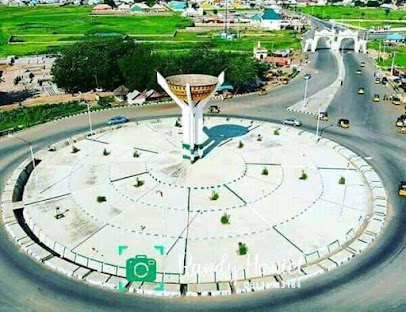
AUN Hotel Conference Centre & Spa
Discover unparalleled luxury and comfort at AUN Hotel Conference Centre & Spa in Yola, an ideal destination for business and leisure travelers alike.
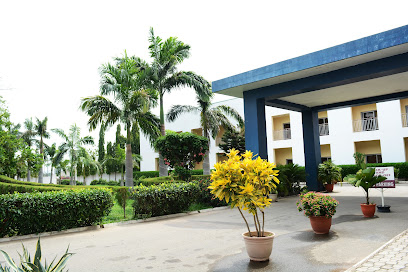
Jimeta Modern Market
Explore Jimeta Modern Market, a vibrant shopping destination in Adamawa, Nigeria, rich with local culture, crafts, and delicious cuisine.
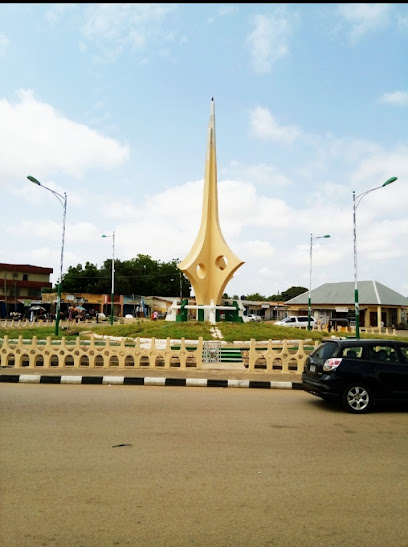
Wetlands Park and Garden
Explore the lush beauty of Wetlands Park and Garden in Yola, a serene oasis perfect for relaxation, picnics, and family fun amidst nature's splendor.
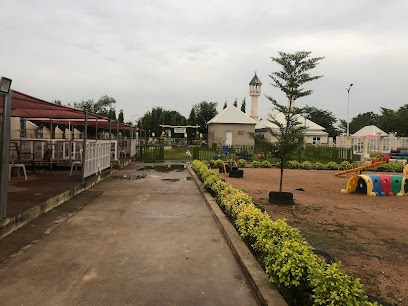
American University of Nigeria
Explore the American University of Nigeria: A hub of academic excellence and cultural richness in Yola, Adamawa.
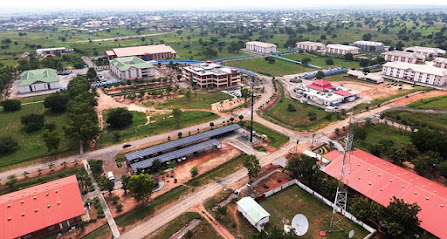
Yakubu shopping plaza
Discover the vibrant Yakubu Shopping Plaza in Jimeta, a perfect blend of shopping, dining, and local culture in Adamawa, Nigeria.
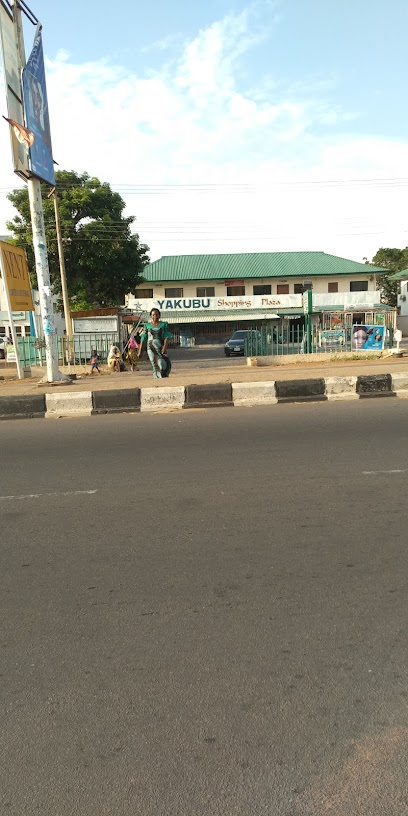
Federal College of Education Yola
Experience the vibrant academic culture at Federal College of Education Yola, a hub of knowledge and community in Adamawa, Nigeria.
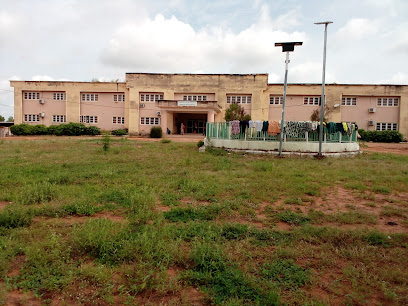
Sauki motor park Yola
Discover the vibrant local culture and transportation hub of Yola at Sauki Motor Park – your gateway to exploring Adamawa's hidden gems.
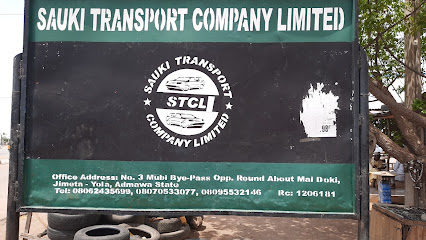
Adamawa State Polytechnic Yola
Discover the vibrant educational culture at Adamawa State Polytechnic Yola, a key institution in Nigeria's academic landscape.
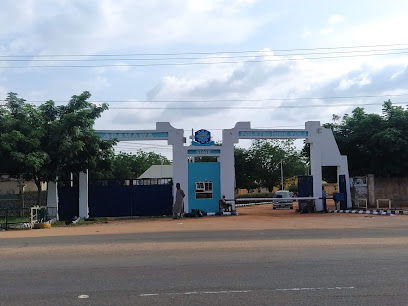
Nyakos Estate
Discover the flavors of Jimeta at Nyakos Estate, a charming BBQ area known for its delicious grilled delicacies and relaxed atmosphere.
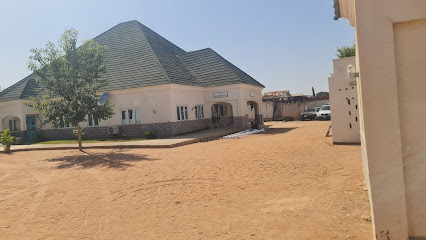
Yola Central Mosque
Discover the architectural beauty and cultural significance of Yola Central Mosque, a must-visit spiritual landmark in Adamawa, Nigeria.
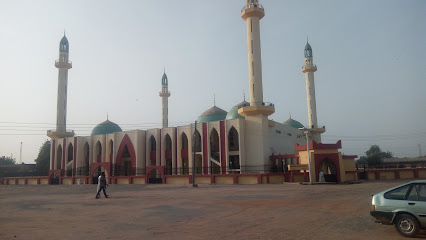
Nigerian Law School Yola
Discover the Nigerian Law School Yola, a beacon of legal education and cultural exchange in the heart of Adamawa, Nigeria.
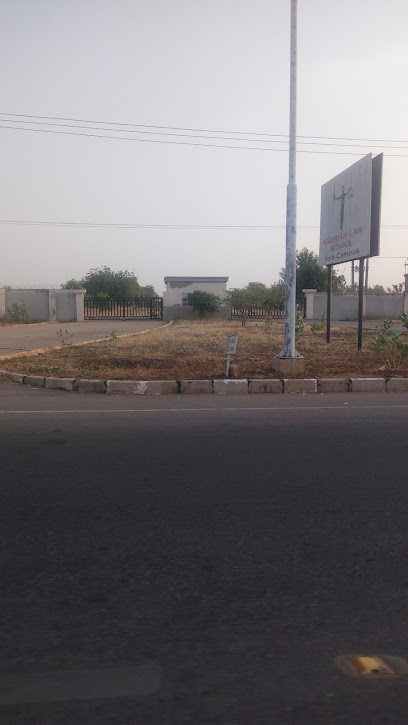
Bachure Jimeta Yola,Adamawa state
Discover the sweet flavors of Yola at Bachure Jimeta, a bakery offering a delightful selection of pastries and a cozy atmosphere.
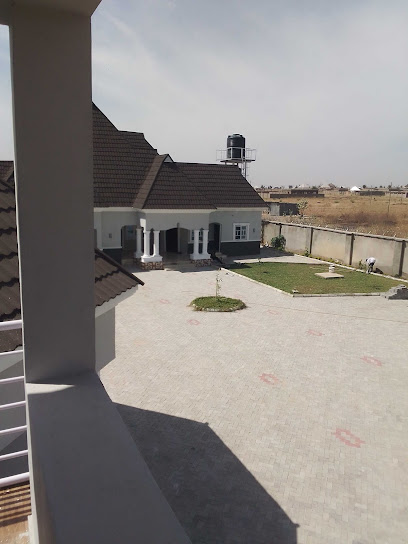
Nigerian Law School, Hostel
Experience the academic spirit and community atmosphere at Nigerian Law School Hostel in Yola, perfect for students and travelers seeking comfort during their stay.
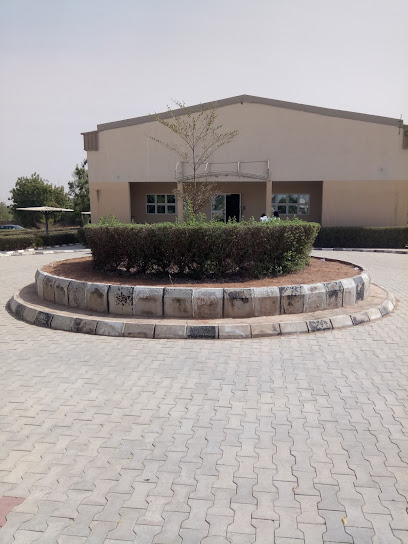
Gorilla Park Yola
Explore the natural beauty of Gorilla Park Yola, a serene retreat in Adamawa, Nigeria, perfect for family outings and nature lovers.
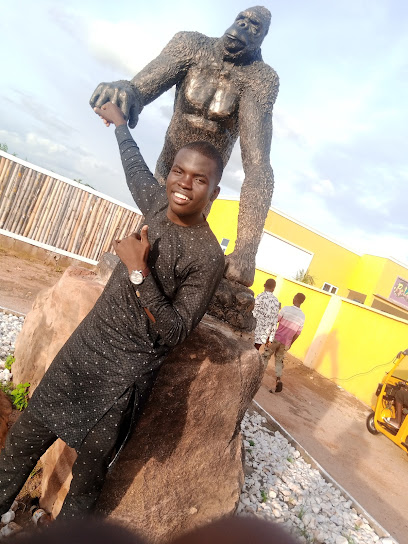
Unmissable attractions to see
Wetlands Park and Garden
Discover the natural beauty and tranquility of Wetlands Park and Garden in Yola, Adamawa - a perfect retreat for families and nature lovers alike.
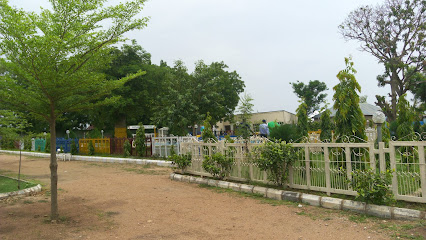
Gorilla Park Yola
Experience the natural beauty and tranquility of Gorilla Park Yola, a perfect retreat for nature lovers and families seeking adventure in Adamawa.
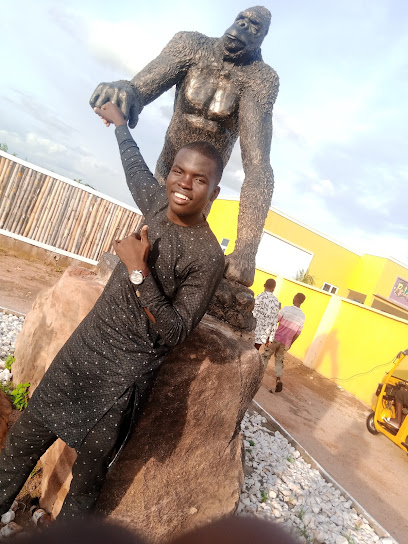
Mubi Park
Discover tranquility at Mubi Park in Jimeta, where lush landscapes and serene surroundings invite you to unwind and connect with nature.
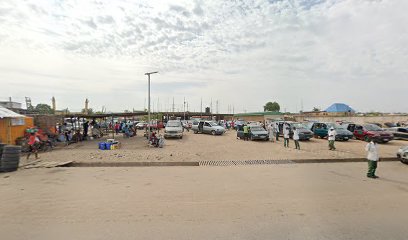
Atlantis Aquariums
Explore the vibrant underwater world at Atlantis Aquariums in Jimeta, Adamawa, a family-friendly destination for marine life enthusiasts.
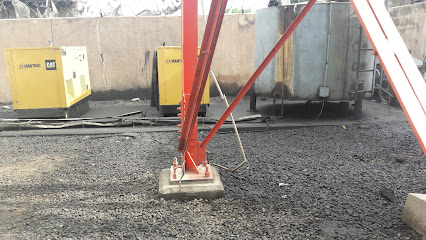
Yola Jimeta Zoo
Experience the vibrant wildlife at Yola Jimeta Zoo, where conservation meets family fun in the heart of Adamawa.
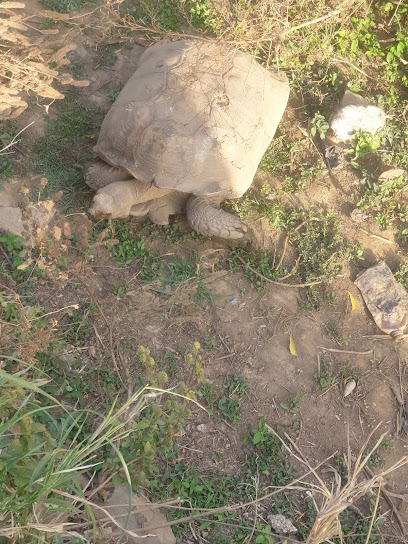
Malle's Garden
Explore Malle's Garden in Jimeta, Adamawa – a serene oasis for nature lovers and a perfect spot for relaxation and photography.
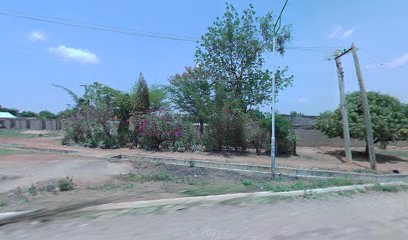
Garden
Discover the tranquil beauty of the Garden in Njobbore, Adamawa—a perfect escape for nature lovers and those seeking peace.
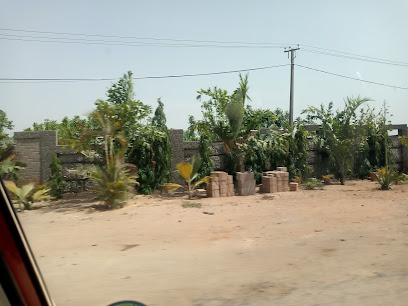
Imam Yola Palace
Explore Imam Yola Palace: A Majestic Reflection of Kano's Rich Cultural Heritage and Architectural Marvel.

Gorobi Cultural Landscape
Discover the breathtaking Gorobi Cultural Landscape in Adamawa, Nigeria, where rich culture meets stunning natural beauty, creating unforgettable experiences.
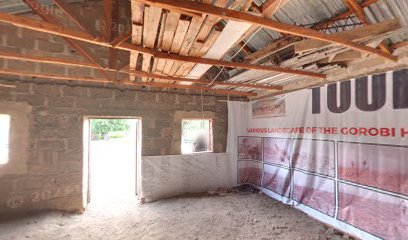
Lamurde Midden Archaeological Site/Landscape
Explore the Lamurde Midden Archaeological Site in Adamawa, Nigeria, where ancient civilizations come to life through captivating artifacts and rich history.
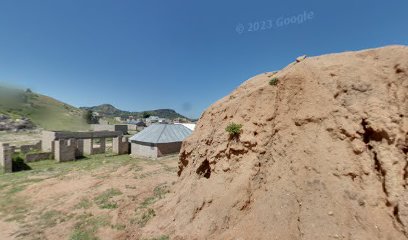
Pwaakona lydsam limited
Discover tranquility and beauty at Pwaakona Lydsam Limited, an enchanting garden in Yola, Adamawa, perfect for relaxation and nature appreciation.
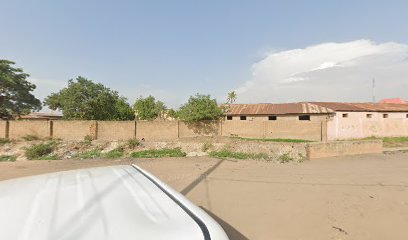
Kwarkwaye park
Experience the serene beauty of Kwarkwaye Park in Alkalimanga, a tranquil escape into nature with lush greenery and peaceful ambiance.
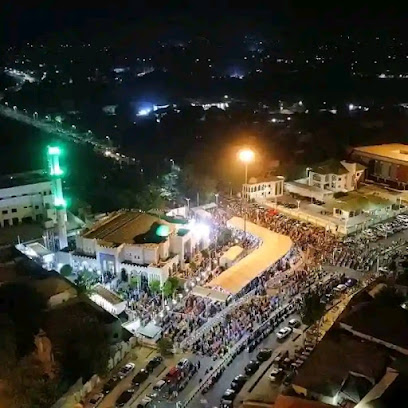
Site touristique YOLA
Discover the tranquil beauty of Site Touristique YOLA in Mbalelon, where nature meets culture in a captivating Cameroonian experience.
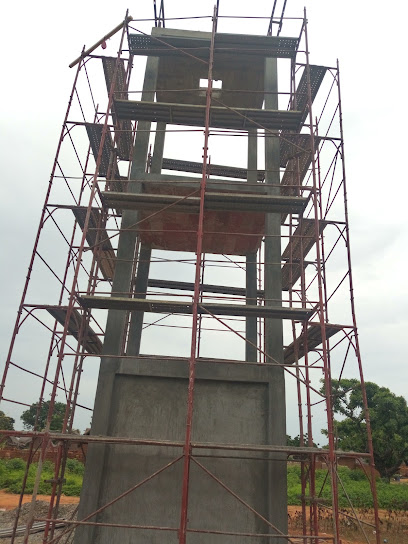
Keke land
Explore Keke Land, a serene garden in Ngolomba, Adamawa, perfect for relaxation, nature walks, and capturing breathtaking photography moments.
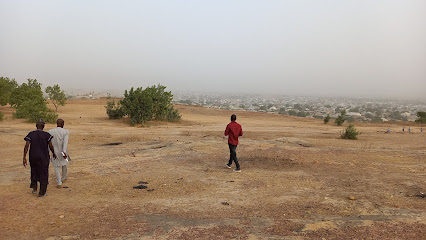
Elephant House
Experience the majesty of elephants at Elephant House in Adamawa, Nigeria, where wildlife conservation meets stunning natural beauty.
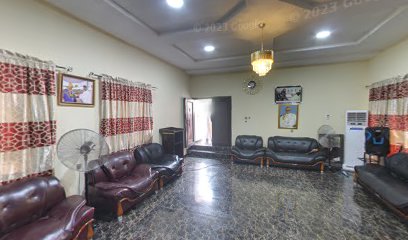
Essential places to dine
Chicken Cottage Yola
Discover the taste of Nigeria at Chicken Cottage Yola - where succulent chicken dishes meet warm hospitality in Jimeta.
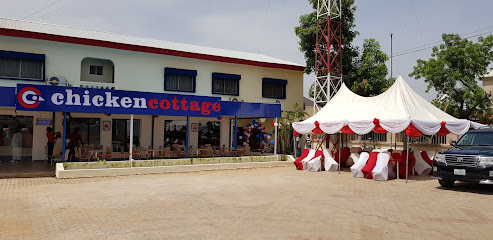
Tasty Menu
Discover authentic Nigerian cuisine at Tasty Menu in Jimeta – where every meal tells a story of local flavors.
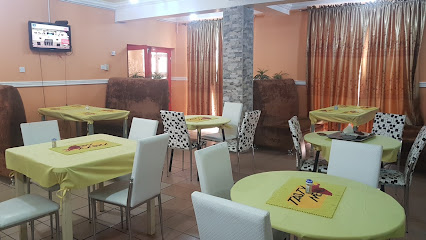
CHICKEN VILLA SUYA SPOT
Discover authentic Nigerian flavors at Chicken Villa Suya Spot - your go-to destination for delicious suya and local delights in Jimeta.
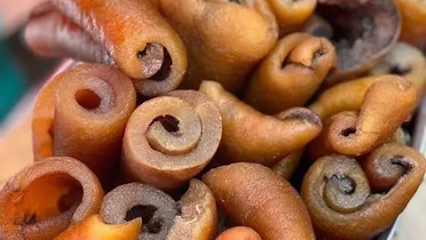
LA Rosa Intercontinental Restaurant and Bar
Savor the rich flavors of Nigeria at LA Rosa Intercontinental Restaurant and Bar in Jimeta - where culinary excellence meets warm hospitality.
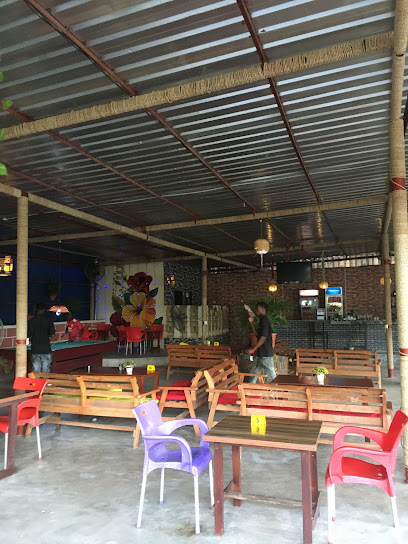
Aun Pizzeria
Discover Aun Pizzeria in Wuro Hausa for delicious pizzas made with fresh ingredients in a cozy atmosphere perfect for families and friends.
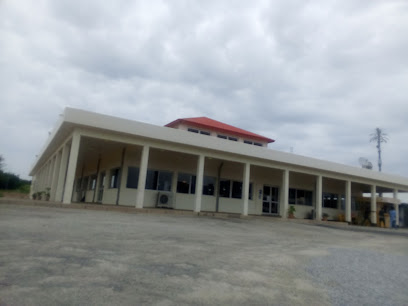
AUN Club House Lobby
Discover culinary excellence at AUN Club House Lobby in Yola – where local flavors meet global cuisine.
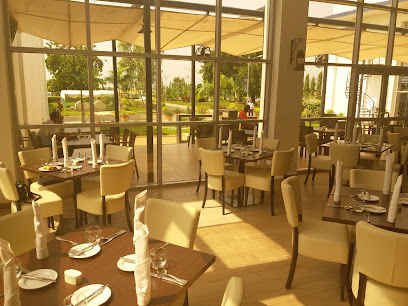
Yahuza Suya Spot Nig Ltd (Yola)
Experience authentic Nigerian barbecue at Yahuza Suya Spot Nig Ltd – where every skewer tells a flavorful story.
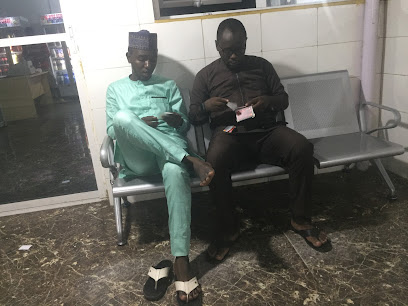
Mess 22 Restaurant and catering services
Experience the vibrant culinary scene at Mess 22 Restaurant in Yola - where local flavors meet global cuisine in a cozy setting.
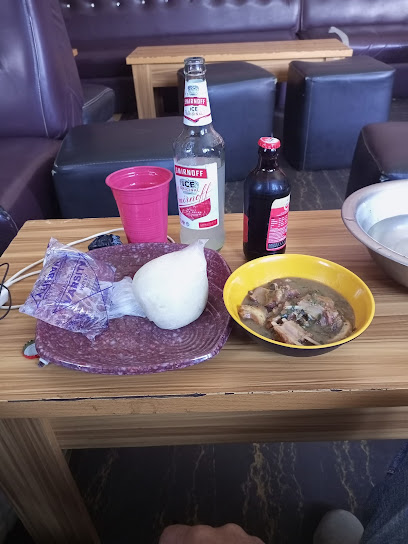
Salti Delight Restaurant/Fastfood
Discover authentic Nigerian flavors and fast-food favorites at Salti Delight Restaurant in Yola – where delicious meets affordable.
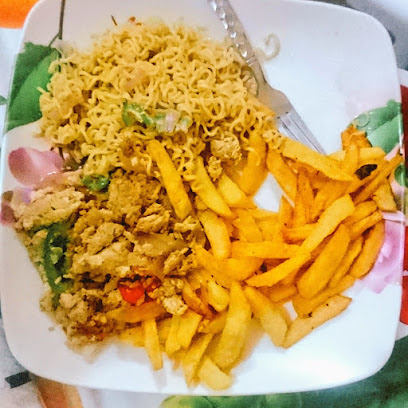
Marwa Shawarma & Grills
Experience delectable shawarma and grills at Marwa Shawarma & Grills, a family-friendly dining gem in Yola, Adamawa.
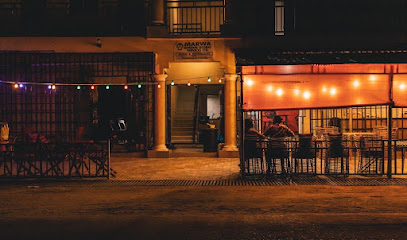
Home Taste Meal
Experience authentic Nigerian cuisine at Home Taste Meal in Yola—where every dish tells a story of tradition and flavor.
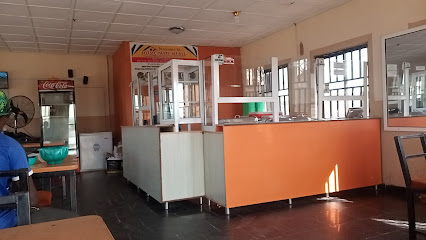
Lamido Zubairu Restaurant
Experience authentic Nigerian cuisine at Lamido Zubairu Restaurant in Yola – where every meal tells a story.
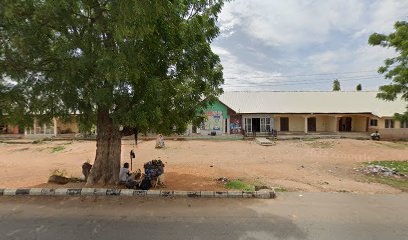
Indigo Eats & Treats
Experience the rich flavors of Nigeria at Indigo Eats & Treats in Yola - where culinary tradition meets contemporary dining.
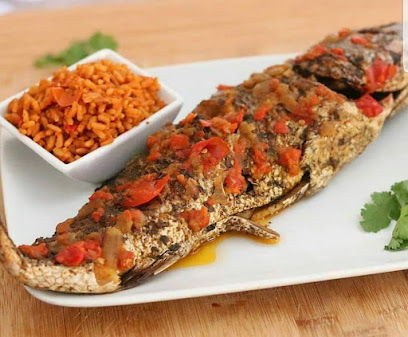
Primo Lounge
Experience the rich flavors of Nigeria and beyond at Primo Lounge in Yola – where culinary delights meet warm hospitality.
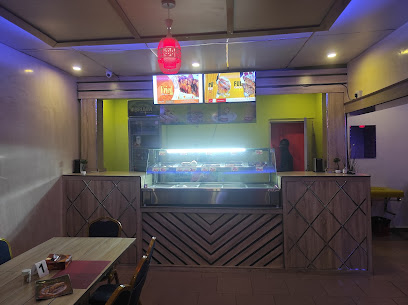
Jabbama restaurant, AUN hotel, Yola
Experience authentic Nigerian flavors at Jabbama Restaurant in Yola's AUN Hotel - where every meal tells a story.
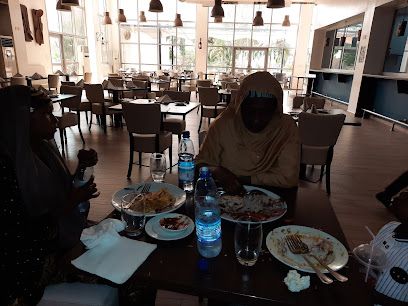
Markets, malls and hidden boutiques
Yakubu Shopping Plaza
Explore Yakubu Shopping Plaza in Yola: a lively shopping haven blending local culture with modern retail experiences.
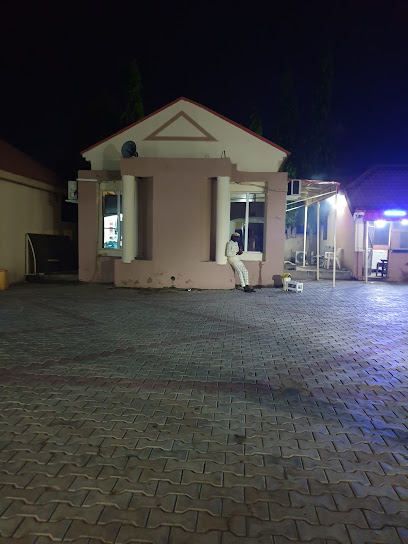
Shopping plaza
Discover Yola's shopping plaza in Adamawa, a vibrant hub of local culture, unique shops, and delicious culinary experiences waiting to be explored.
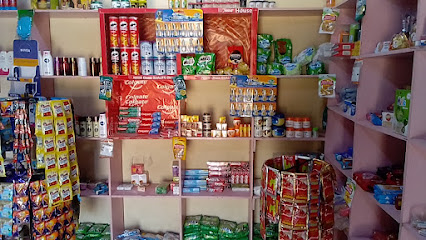
Aceville Perfume
Experience an exquisite selection of perfumes at Aceville Perfume in Yola, where fragrance meets elegance in the heart of the FCE Shopping Mall.

Kunlex Store
Explore the best mobile technology at Kunlex Store in Yola, Nigeria – your destination for cell phones, accessories, and fast Wi-Fi.
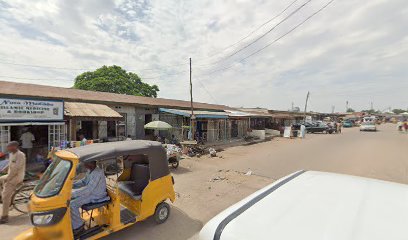
Zion Dynasty
Explore Zion Dynasty in Yola for exquisite fashion accessories that blend local culture with contemporary style, perfect for every fashion enthusiast.
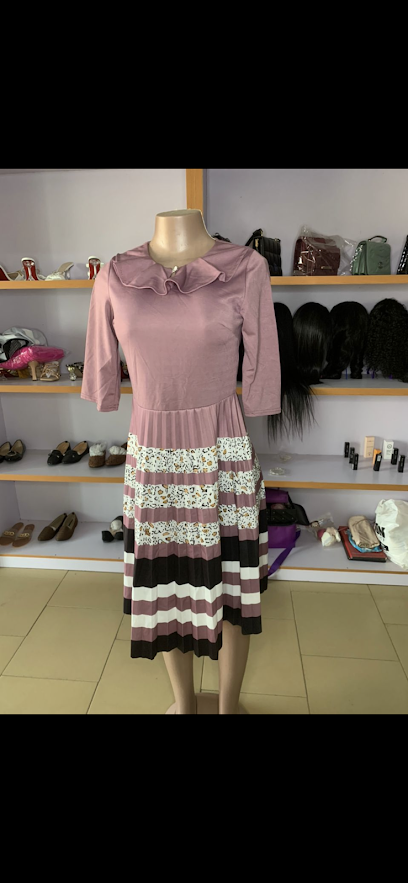
Sparkling world
Discover the charm of local crafts at Sparkling World, the boutique that captures the essence of Adamawa's culture in Yola.
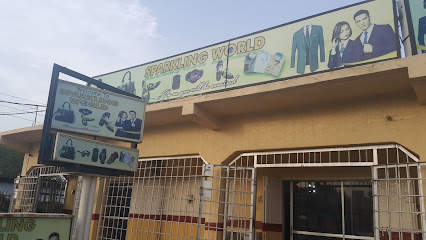
Kefas shopping plaza
Discover the local flavors and essentials at Kefas Shopping Plaza, a vibrant supermarket in Yola, Nigeria, perfect for all your shopping needs.

Green house shopping plaza
Discover Yola's local charm at Green House Shopping Plaza, a vibrant hub for shopping and cultural immersion in Adamawa.
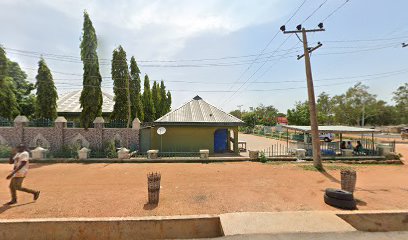
Yusuf Audu
Experience the charm of Yusuf Audu, a unique general store in Yola offering local goods and a taste of Adamawa's vibrant culture.
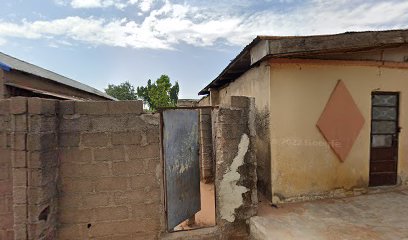
FKY SAUKI BOUTIQUE
Discover FKY Sauki Boutique in Yola for a vibrant blend of traditional and modern fashion, perfect for your wardrobe.
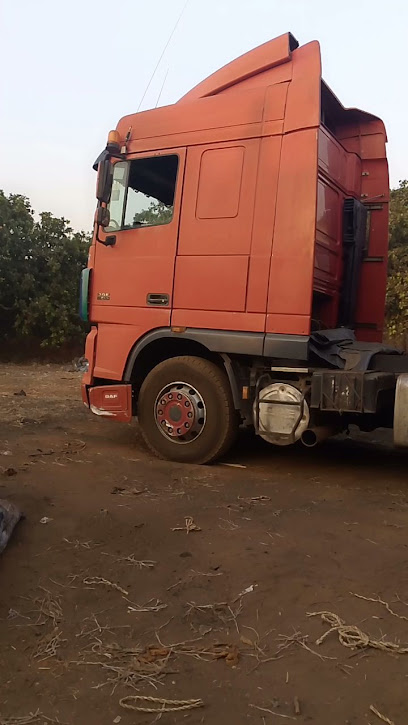
Halmand Collections
Explore Halmand Collections in Yola for unique local crafts and treasures that reflect the rich culture of Adamawa.

Kaka Shop
Discover the vibrant local culture at Kaka Shop in Yola, offering unique crafts and everyday essentials for an unforgettable shopping experience.
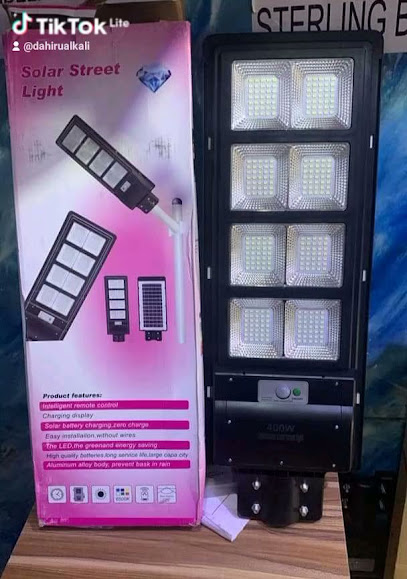
JAMES SARIKI STORE
Explore the heart of Yola at James Sariki Store, where local crafts and culture come together for an unforgettable shopping experience.
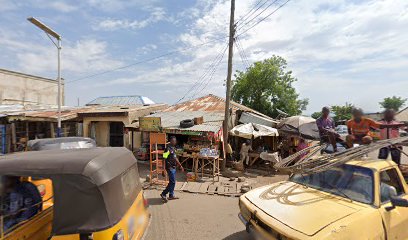
Medialer Nigeria LTD
Discover unique fashion at Medialer Nigeria LTD, the heart of Yola's clothing scene, where tradition meets modern style in a vibrant market.
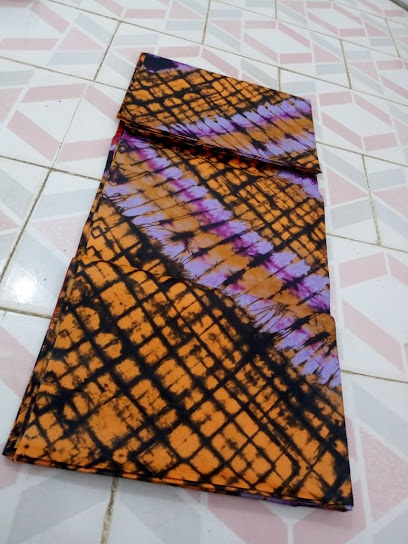
Ahmad boutique
Explore the unique charm of Ahmad Boutique in Yola, Adamawa, where local fashion and handcrafted treasures await every traveler.

Essential bars & hidden hideouts
AUN Club House Lobby
Discover the culinary delights of Nigeria at the AUN Club House Lobby, a perfect blend of local flavors and international cuisine in the heart of Yola.
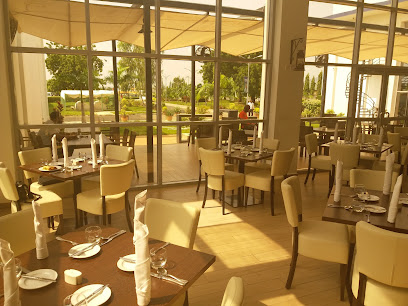
The Sword Wine Cafe
Experience the lively ambiance and diverse drink offerings at The Sword Wine Cafe in Yola, a perfect spot for relaxation and socializing.
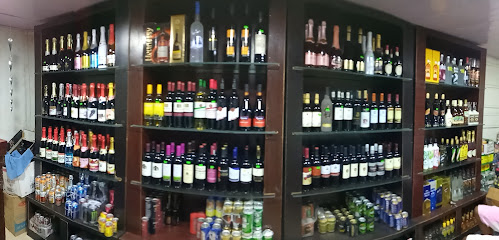
Iness Bar
Experience the lively atmosphere and diverse drinks at Iness Bar in Jimeta, the perfect social spot for tourists and locals alike.
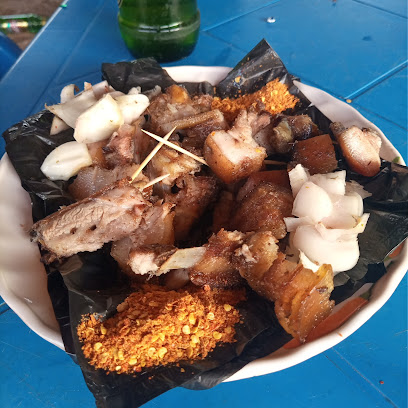
Legend club
Experience the vibrant atmosphere and delectable grilled dishes at Legend Club in Jimeta, the perfect spot for tourists to relax and enjoy.

KEPS 101 Lounge Yola
Discover the vibrant ambiance of KEPS 101 Lounge in Jimeta, Adamawa, where relaxation meets local culture and entertainment.
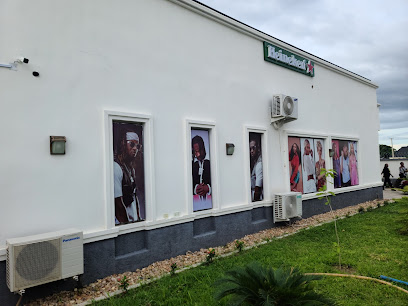
Marwa Shawarma & Grills
Discover authentic Middle Eastern flavors at Marwa Shawarma & Grills, a family-friendly gem in Yola, Nigeria offering delicious shawarma and grilled delights.
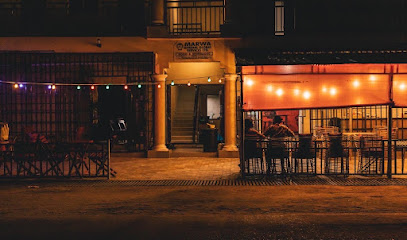
Senior Joint
Discover Yola's nightlife at Senior Joint, a bar offering local drinks, live entertainment, and a vibrant atmosphere to unwind and socialize.
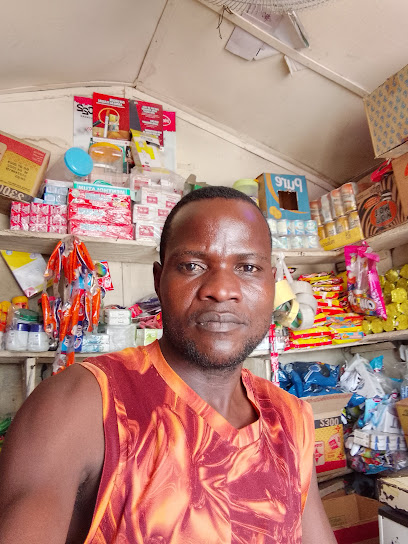
Primo Lounge
Experience the vibrant flavors of Yola at Primo Lounge, where every dish tells a story of culinary excellence and local culture.
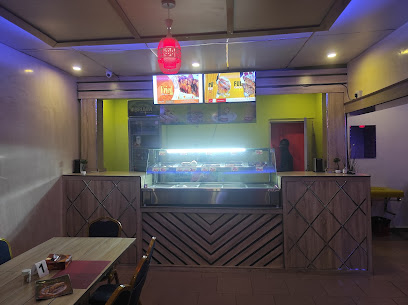
Jabbama restaurant, AUN hotel, Yola
Indulge in exquisite local and international cuisine at Jabbama Restaurant, a hidden gem within the AUN Hotel, Yola.
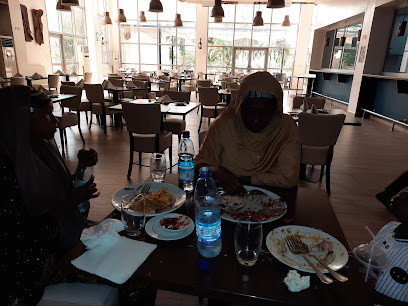
Vollis Wine Cafe
Vollis Wine Cafe in Jimeta, Adamawa: Discover a vibrant bar with exquisite wines and local cuisine in a cozy atmosphere.

Damada Munchies
Experience the rich flavors of Nigeria at Damada Munchies, the must-visit restaurant in Yola, Adamawa for an authentic culinary adventure.
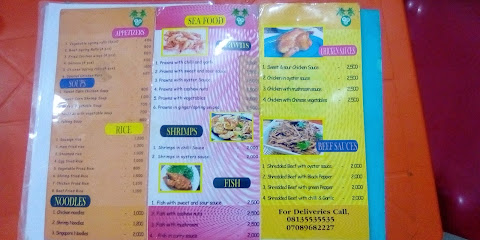
Endowed Lounge
Experience the vibrant nightlife at Endowed Lounge in Yola, where great drinks and a lively atmosphere await every traveler.
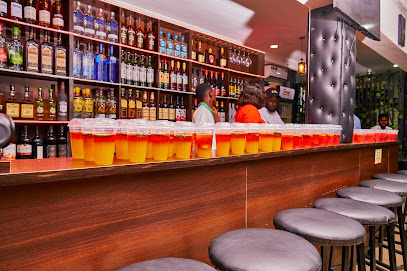
Vollis Wine shop
Experience the unique flavors and warmth of Vollis Wine Shop in Jimeta, Adamawa – a must-visit bar for wine lovers.
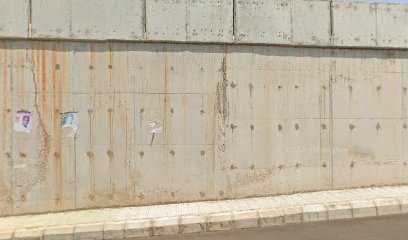
Ten 11 Cafe
Indulge in the flavors of Yola at Ten 11 Cafe, a cozy restaurant offering a delightful local and international menu in a welcoming atmosphere.
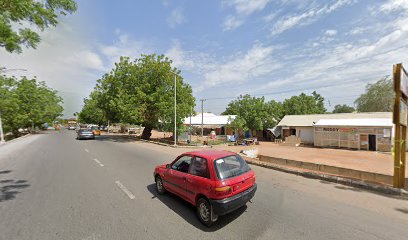
Local Phrases
-
- HelloSannu
[san-nu] - GoodbyeSai an jima
[sai an ji-ma] - YesEh
[eh] - NoA'a
[a-a] - Please/You're welcomeDa so
[da so] - Thank youNa gode
[na go-de] - Excuse me/SorrySamu
[sa-mu] - How are you?Yaya kake ne?
[ya-ya ka-ke ne?] - Fine. And you?Lafiya. Kuma ka?
[la-fi-ya. ku-ma ka?] - Do you speak English?Ka fada Turanci?
[ka fa-da tu-ran-chi] - I don't understandBan fahimci ba
[ban fa-him-chi ba]
- HelloSannu
-
- I'd like to see the menu, pleaseZan yi gani da menu, don Allah
[zan yi ga-ni da me-nu, don al-lah] - I don't eat meatBan jin gori
[ban jin go-ri] - Cheers!Barka da shan ruwa!
[bar-ka da shan ru-wa] - I would like to pay, pleaseZan bawa, don Allah
[zan ba-wa, don al-lah]
- I'd like to see the menu, pleaseZan yi gani da menu, don Allah
-
- Help!Taimaki!
[ta-i-ma-ki] - Go away!Huta!
[hu-ta] - Call the Police!Kira Yan Sanda!
[ki-ra yan san-da] - Call a doctor!Kira dokin
[ki-ra do-kin] - I'm lostNa rasa
[na ra-sa] - I'm illIna lafiya
[i-na la-fi-ya]
- Help!Taimaki!
-
- I'd like to buy...Zan sayi...
[zan sa-yi...] - I'm just lookingIna turota
[i-na tu-ro-ta] - How much is it?Yaya kudi ne?
[ya-ya ku-di ne?] - That's too expensiveWannan ya fi kudi
[wan-nan ya fi ku-di] - Can you lower the price?Kana iya sake kudi?
[ka-na i-ya sa-ke ku-di?]
- I'd like to buy...Zan sayi...
-
- What time is it?Yaya lokaci ne?
[ya-ya lo-ka-chi ne?] - It's one o'clockLokacin bakwai
[lo-ka-chin ba-kwai] - Half past (10)Kwatancin (goma)
[kwa-tan-chin (go-ma)] - MorningRana
[ra-na] - AfternoonYamma
[yam-ma] - EveningYamma
[yam-ma] - YesterdayJibi
[ji-bi] - TodayYau
[yau] - TomorrowGobe
[go-be] - 1Daya
[da-ya] - 2Bi
[bi] - 3Uku
[u-ku] - 4Hudu
[hu-du] - 5Biya
[bi-ya] - 6Shida
[shi-da] - 7Biyu
[bi-yu] - 8Takwas
[tak-was] - 9Tara
[ta-ra] - 10Goma
[go-ma]
- What time is it?Yaya lokaci ne?
-
- Where's a/the...?Ina ne...?
[i-na ne...?] - What's the address?Me ya nuna adireshin?
[me ya nu-na a-di-re-shin?] - Can you show me (on the map)?Kana iya nuna min (a cikin rubutu)?
[ka-na i-ya nu-na min (a chi-kin ru-bu-tu)?] - When's the next (bus)?Lokacin ku zo (motar)?
[lo-ka-chin ku zo (mo-tar)?] - A ticket (to ....)Takiti (tsakanin ....)
[ta-ki-ti (tsa-ka-nin ....)]
- Where's a/the...?Ina ne...?
History of Yola
-
Yola, the capital city of Adamawa State in northeastern Nigeria, was founded by Modibbo Adama in the early 19th century. Adama was a Fulani scholar and warrior who led a jihad under the flag of the Sokoto Caliphate, creating the Adamawa Emirate. Yola served as the administrative and spiritual center of the emirate, which was part of the larger Fulani Empire established during the Fulani Jihad.
-
In the late 19th century, the British colonial administration began to exert influence in the region. Yola was incorporated into the British Protectorate of Northern Nigeria in 1901. The British established a Residency in Yola, and the city became an important administrative center. The colonial period saw the introduction of Western education and infrastructure development, which significantly influenced the socio-economic landscape of Yola.
-
After Nigeria gained independence from Britain in 1960, Yola continued to grow as a regional hub. The city became the capital of the newly created Adamawa State in 1991, following the division of the former Gongola State. This status brought increased government investment and development, including the establishment of educational institutions like the American University of Nigeria and Modibbo Adama University of Technology.
-
Yola is rich in cultural heritage, reflective of its diverse population, including the Fulani, Hausa, and various indigenous ethnic groups. The city hosts several traditional festivals, such as the Durbar festival, which features horse riding, traditional music, and dances. The annual Njuwa Fishing Festival, held at the Njuwa Lake, is another significant cultural event attracting participants and tourists from across the region.
-
Yola boasts several architectural landmarks that reflect its historical and cultural evolution. The Lamido's Palace is a prominent feature, serving as the residence of the traditional ruler of Adamawa. The palace is an architectural marvel, blending traditional Fulani design with modern influences. Other notable landmarks include the Yola Central Mosque and the historic colonial buildings that dot the city.
-
Yola's economy is primarily driven by agriculture, with the fertile land around the Benue River supporting the cultivation of crops such as rice, maize, and vegetables. Livestock farming is also significant, especially cattle rearing by the Fulani herdsmen. In recent years, there has been a growing emphasis on commerce and trade, with markets like the Jimeta Main Market serving as vital commercial hubs. The presence of educational institutions has also spurred economic activities related to services and housing.
Yola Essentials
-
Yola is served by the Yola International Airport (YOL), which offers both domestic and limited international flights. From major cities in Nigeria like Lagos and Abuja, you can take a direct flight to Yola. Alternatively, you can travel by road from other parts of Nigeria. The road network is fairly developed, but it is advisable to check the current state of the roads and security conditions before embarking on a road trip.
-
In Yola, transportation options include taxis, motorcycle taxis (known locally as 'okadas'), and tricycles (commonly referred to as 'keke napeps'). Public buses are also available but may not be very reliable. For a more comfortable and convenient experience, consider renting a car from a reputable service. Always negotiate the fare before starting your journey, especially with taxis and okadas.
-
The official currency in Nigeria is the Nigerian Naira (NGN). While major hotels and some restaurants in Yola accept credit cards, it is generally advisable to carry cash for smaller transactions and in local markets. ATMs are available, but make sure to use ones located in secure and well-populated areas. Inform your bank of your travel plans to avoid any issues with your card.
-
Yola is generally safe for tourists, but it is important to exercise caution, especially at night. Avoid walking alone after dark and stay away from poorly lit areas. Some neighborhoods, particularly on the outskirts, have higher crime rates, so it is best to stick to well-known and populated areas. Always keep an eye on your belongings and be cautious when withdrawing money from ATMs.
-
In case of an emergency, dial 112 for immediate assistance. Yola has several medical facilities, including the Federal Medical Centre Yola and Specialist Hospital Yola. It is advisable to have travel insurance that covers medical emergencies. For minor health issues, there are numerous pharmacies where you can purchase over-the-counter medications. Always keep a list of emergency contacts handy.
-
Fashion: Do dress modestly, especially when visiting religious sites or rural areas. Avoid wearing overly revealing clothing. Religion: Do respect local customs and religious practices. Always remove your shoes before entering a mosque. Public Transport: Do negotiate fares beforehand and be courteous to fellow passengers. Don’t eat or drink on public transport. Greetings: Do greet people with a handshake or a nod. Using the right hand is considered respectful. Eating & Drinking: Do try local dishes and accept food offerings. Don’t refuse hospitality, as it may be considered impolite.
-
To experience Yola like a local, visit the Jimeta Market where you can buy fresh produce and traditional goods. Engage with locals who are often friendly and willing to share stories about their culture and history. Don’t miss visiting the Lamido's Palace and the Three Sisters Hills for a unique cultural and natural experience. For an authentic culinary experience, try local dishes like 'masa' and 'tuwo shinkafa' at local eateries.
Trending Landmark in Yola
-
Yola Market
-
AUN Hotel Conference Centre & Spa
-
Jimeta Modern Market
-
Wetlands Park and Garden
-
American University of Nigeria
-
Yakubu shopping plaza
-
Federal College of Education Yola
-
Sauki motor park Yola
-
Adamawa State Polytechnic Yola
-
Nyakos Estate
-
Yola Central Mosque
-
Nigerian Law School Yola
-
Bachure Jimeta Yola,Adamawa state
-
Nigerian Law School, Hostel
-
Gorilla Park Yola
Nearby Cities to Yola
-
Things To Do in Garoua
-
Things To Do in Ngaoundéré
-
Things To Do in Maroua
-
Things To Do in Maiduguri
-
Things To Do in Jos
-
Things To Do in Foumban
-
Things To Do in N'Djamena
-
Things To Do in Bamenda
-
Things To Do in Mbouda
-
Things To Do in Bafoussam
-
Things To Do in Dschang
-
Things To Do in Bafia
-
Things To Do in Mamfe
-
Things To Do in Kano
-
Things To Do in Bertoua






